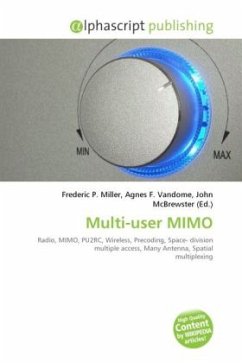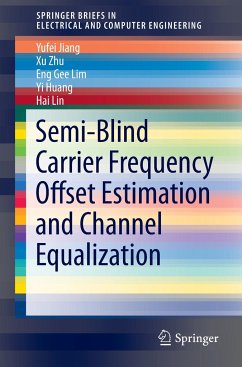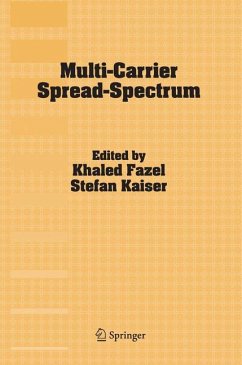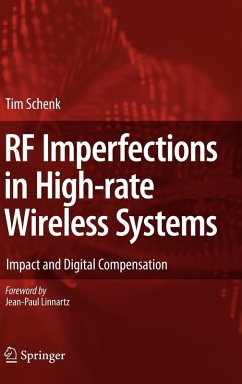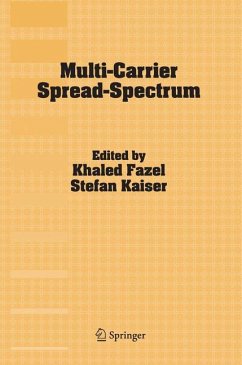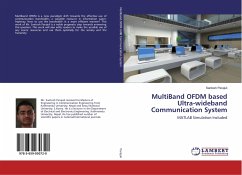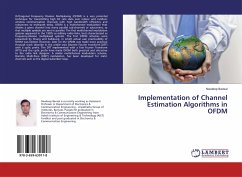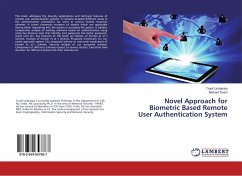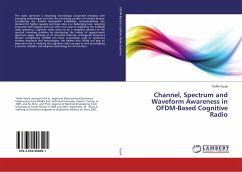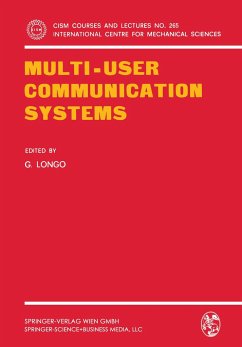
Multi-user MIMO-OFDM in practice
Enabling spectrally efficient transmission over time-varying channels
Versandkostenfrei!
Versandfertig in 6-10 Tagen
53,99 €
inkl. MwSt.

PAYBACK Punkte
27 °P sammeln!
The combination of MIMO multiple antenna technique together with OFDM multi-carrier transmission promises to achieve high spectral efficiencies while setting moderate complexity demands on transmitter and receiver structures. In multi-user systems, the achievable throughput can be improved further by assigning the available system resources to the users experiencing favourable channel conditions. Based on this idea, the concept of channel-adaptive transmission for MIMO-OFDM has been developed, where the transmission is adapted to the current channel conditions. However, the time variant nature...
The combination of MIMO multiple antenna technique together with OFDM multi-carrier transmission promises to achieve high spectral efficiencies while setting moderate complexity demands on transmitter and receiver structures. In multi-user systems, the achievable throughput can be improved further by assigning the available system resources to the users experiencing favourable channel conditions. Based on this idea, the concept of channel-adaptive transmission for MIMO-OFDM has been developed, where the transmission is adapted to the current channel conditions. However, the time variant nature of the radio channels, which is caused by movement of the user terminals or by impairments in the transmission chain, may introduce severe distortions into the transmission system, which effectively limit the spectral efficiencies achievable in practice. This dissertation addresses methods for signal transmission in multi-user MIMO-OFDM systems in a practical context and finds solutions to overcome the signal degradations caused by the channel's time variance for different scenarios, paving the way for spectrally efficient MIMO-OFDM transmission in practice.



